A UC Irvine forum on the Israeli-Palestinian conflict last month exposed a rare rift over academic freedom within the normally collaborative Orange County Jewish community.
The four selected panelists at the Oct. 9 program were critiqued as a “pro-violence platform” by the Fullerton-based Middle East Reporting in Truth (MERIT), a grass-roots group organized to counter media bias. MERIT urged its members to press public officials for an investigation of the forum’s sponsors and funding, describing the participants, who at that time had not yet been identified, as “Palestinians who justify suicide bombers” and calling the event “propaganda” for lacking mainstream speakers.
The accusations incensed Mark LeVine, an associate professor of Middle East history and Islamic studies, who convened the scholars for a separate three-day academic workshop and also asked some to speak at the public forum. “I don’t deal with people who support violence,” he said of the academics invited to participate. He called MERIT’s remedy “McCarthyesque.”
In a clarification posted online after LeVine complained, MERIT retracted the description but not its concern over the panelists, who “do not represent the current consensus of Israeli public opinion.”
An audience of more than 200 people listened intently to the two-hour UCI discussion by two Israelis and two Palestinians. At the outset, UCI’s director of international studies made a disclaimer about the panelists’ “alternative view.”
“These are the views you don’t hear,” LeVine told the audience.
Oren Yiftachel, chair of the geography department at Ben-Gurion University in Beersheva, Israel, defined the conflict as an ethnic land grab and “creeping apartheid.” He said peace efforts are undermined by the spread of Israeli settlements, what he called “the Judaization of Palestine.” Expansion also means people live separately and unequally, he said.
Palestinian Rema Hammami, director of women’s studies at Bir Zeit University, located on the West Bank, said the conflict is bred by festering frustration over political agreements that fail to see fruition. She said both sides share blame for the second intifada, which she claims was ignited by Prime Minister Ariel Sharon’s visit to the Temple Mount in 2000. Excessive military force to quell Temple Mount demonstrators led to inevitable escalation, she said. Her harshest words were for Palestinian leadership. Their lack of response to the intifada “borders on criminal responsibility,” she said.
Another panelist, Yoav Peled, a political science professor from Tel Aviv University, sees the conflict through an economic lens. The first intifada in 1987 resulted in a withdrawal of Palestinian resources that benefited Israel: cheap labor, a captive market and tax revenue. “That led Israel to Oslo,” Peled said. A foreign-investment boom during the 1990s, though, did not bring full employment as factories closed. “The people whose economic fortune deteriorated because of the peace process came to resent the idea,” he said.
Walid Shomaly, Palestinian Center of Public Opinion’s public relations director, reported results of a recent poll of Palestinians. About half now say they support the intifada and suicide bombing, which represents a decline compared to a year ago, when support stood at 72 and 80 percent, respectively, he said. Shomaly did not describe how the poll was conducted.
LeVine ended the panel with a plea. “All of the community needs to step back from inflammatory rhetoric,” he said, such as equating [Ariel] Sharon or Yasser Arafat to Hitler. “We need to stop making ludicrous analogies.”
The forum lacked balance, said Roz Rothstein, an organizer of StandWithUs, a Los Angeles-based Israel advocacy group, who was one of a many audience members that had questions for the panelists. “I wanted an even playing field,” Rothstein said, adding that students lacked the sophistication to discern that the presentation had a pro-Palestinian bias. In a later statement, she called on the UCI administration “to stop allowing the university to be used as a forum to demonize Israel.”
Other Jewish organizations that have previously allied with MERIT over campus issues refrained, in this instance, from backing the group’s effort to derail the forum. “We think that it’s important the Jewish community support open dialogue,” said Gary Levin, assistant director of the Anti-Defamation League’s Costa Mesa chapter.
Both sides of the Israeli-Palestinian debate are stalking college campuses this fall for different ends. The pro-Israel side seeks to delegitimize speakers antagonistic to Israel. The pro-Palestinian side seeks sympathizers in a student population willing to demonstrate for news cameras. Two of the UCI panelists are on campus tours for Faculty for Israeli-Palestinian Peace, a group circulating a petition calling on Israel to respect academic freedom in Palestinian universities. About 500 mostly U.S. professors have signed.
Paula Garb, associate director of international studies for UCI, who also served as a moderator, said five other Middle East forums of varying perspectives are planned in the fall quarter.
“We hope as the year proceeds, all perspectives will be presented,” Garb said. “It’s not possible at one event, but over time.”









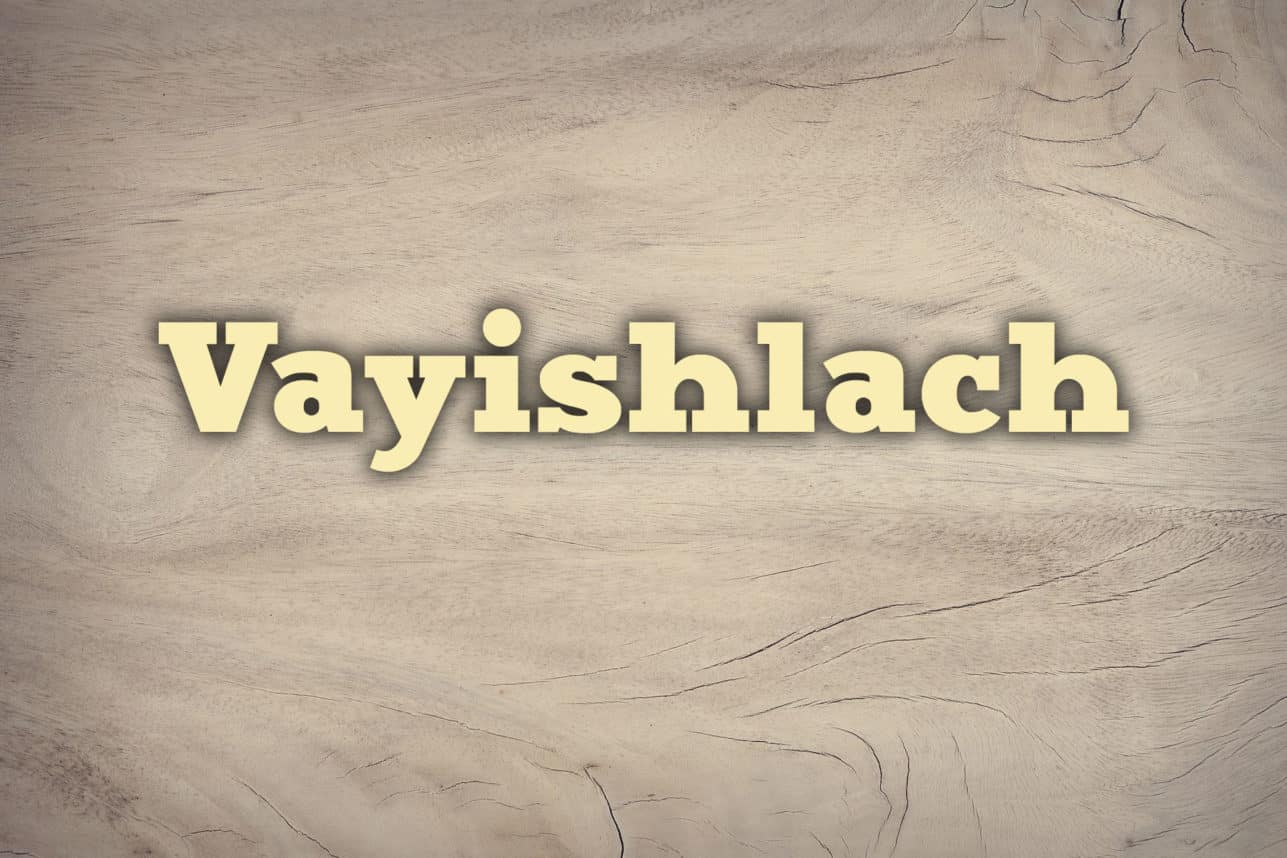
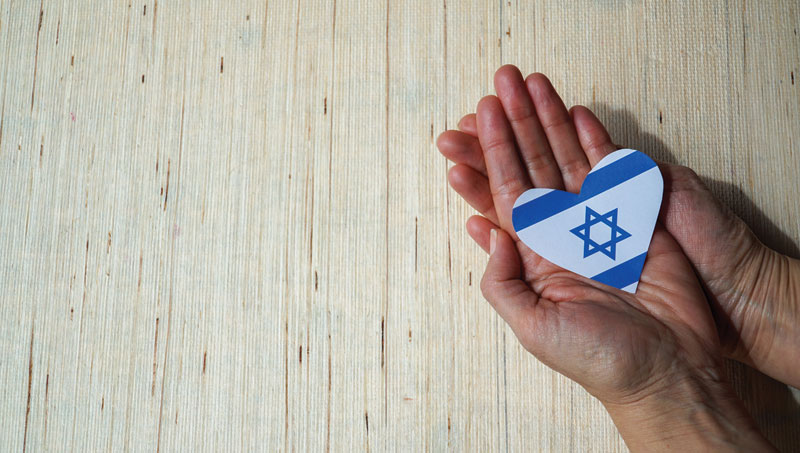


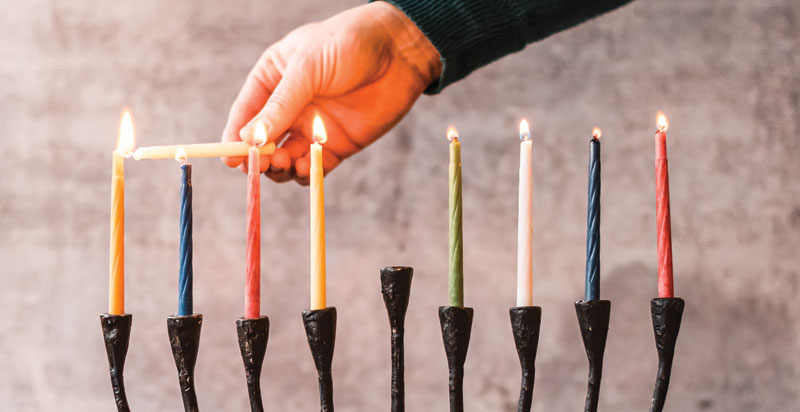
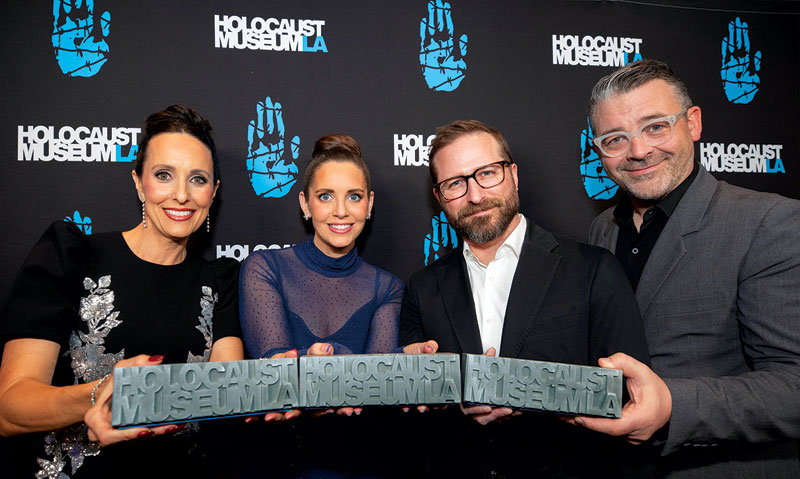
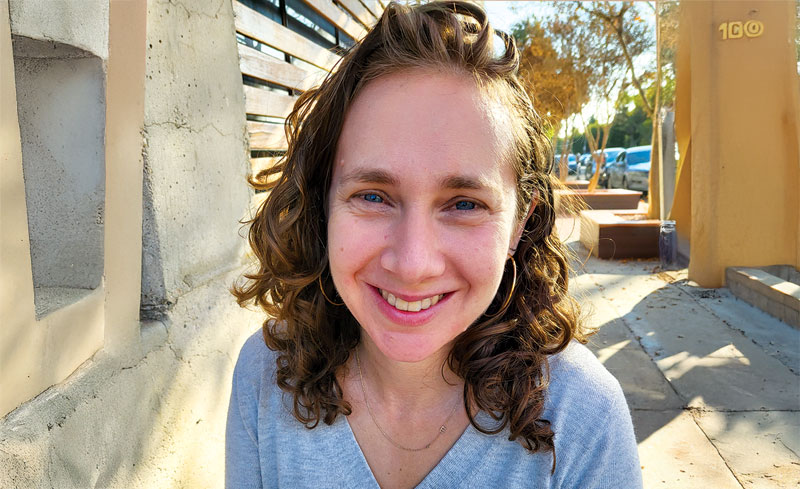
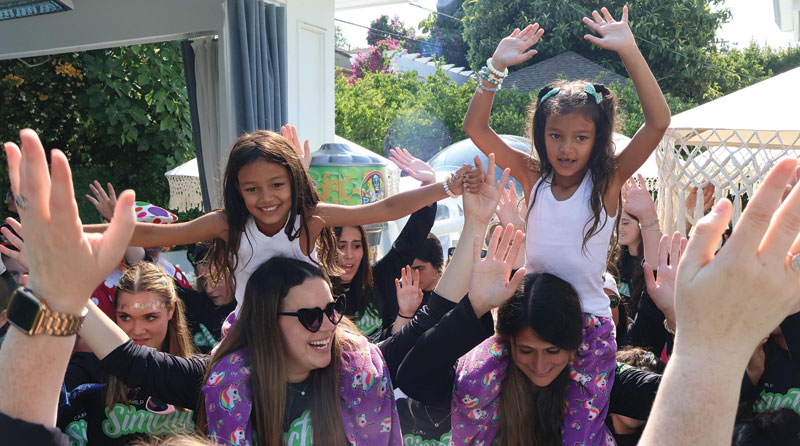





 More news and opinions than at a Shabbat dinner, right in your inbox.
More news and opinions than at a Shabbat dinner, right in your inbox.